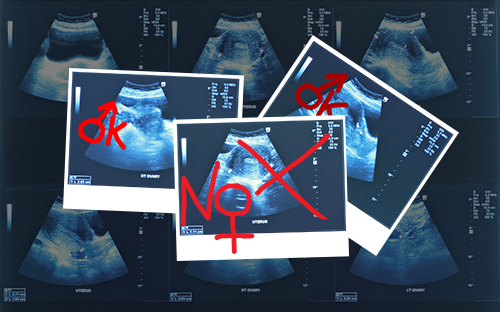In early July, the Armenian Ministry for Health submitted a draft law to Parliament “explicitly prohibiting all gender selective abortions”.
In Armenia, “the pressure to abort female foetuses is widespread”. The draft law calls for requests to be submitted in writing with a three-day turnaround time for women wishing to have an abortion between the 12th and 22nd week of pregnancy at which point the child’s gender may be established. The first Parliamentary reading of this bill is scheduled for September.
The Ministerial Department of Maternal and Child Health “estimates that, every year in Armenia, 2,000 abortions are performed specifically to terminate pregnancies with a female foetus”- a practice that “has affected the Armenian birth rate since 1991”. The stakes are high: “popular mentality must change(…) greater efforts must be made to emphasise and boost the role of women in society”. However, doctors fear that “the ban on selective abortion could trigger corruption” or emigration to Georgia where the legislation is more complacent.
At the same time in Nepal, the Government is preparing to adopt a new Constitution – a measure that has been expected since 2008. Whereas this legislation was “supposed to restore peace to the country, the first version of the document has already fuelled debate”. Controversial measures include “the new law banning selective abortions”. Feminists “protest”, fearing that “this will allow opponents to accuse them unfairly in the case of abortion”.
A committee “has been set up to hold discussions with politicians and the general public (…) in an attempt to arrive at a final version of the new Nepalese Constitution”.
Nouvelles d’Arménie (09/08/2015) ; Journal des femmes (10/08/2015)

